Indigenous Governance Database
treaties
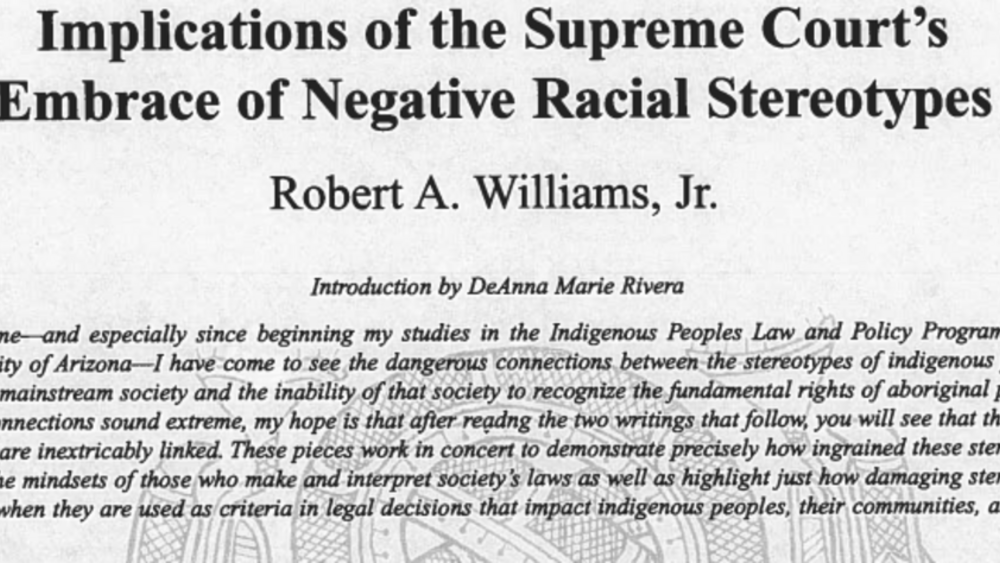
Implications of the Supreme Court's Embrace of Negative Stereotypes
The issues surrounding Native stereotypes should not be dismissed or diminished as merely "surface" problems. "Indian" stereotypes go to the core of the legal, political and economic struggles that Indigenous peoples confront in their work to preserve and strengthen their respective cultures and…
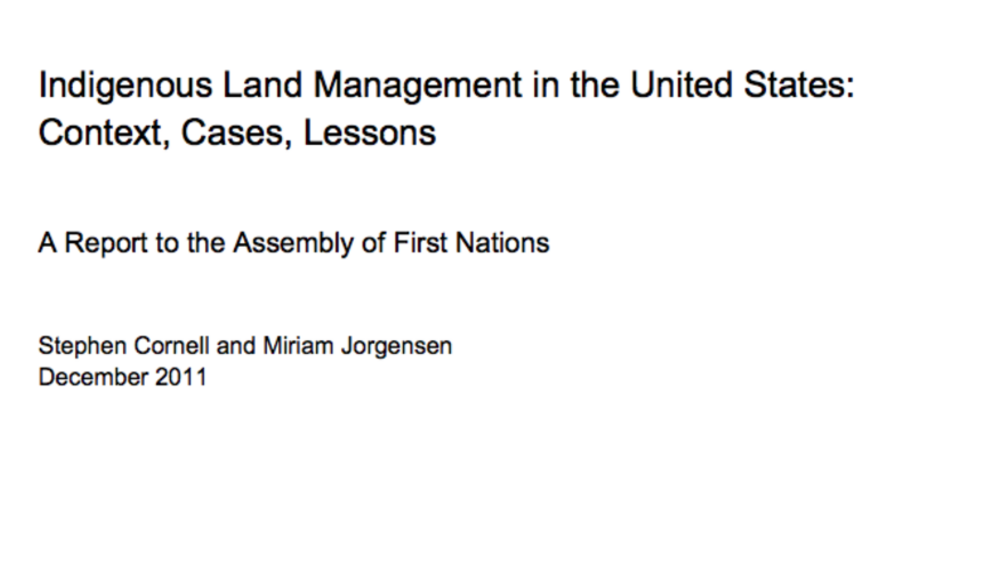
Indigenous Land Management in the United States: Context, Cases, Lessons
The Assembly of First Nations (AFN) is seeking ways to support First Nations’ economic development. Among its concerns are the status and management of First Nations’ lands. The Indian Act, bureaucratic processes, the capacities of First Nations themselves, and other factors currently limit the…
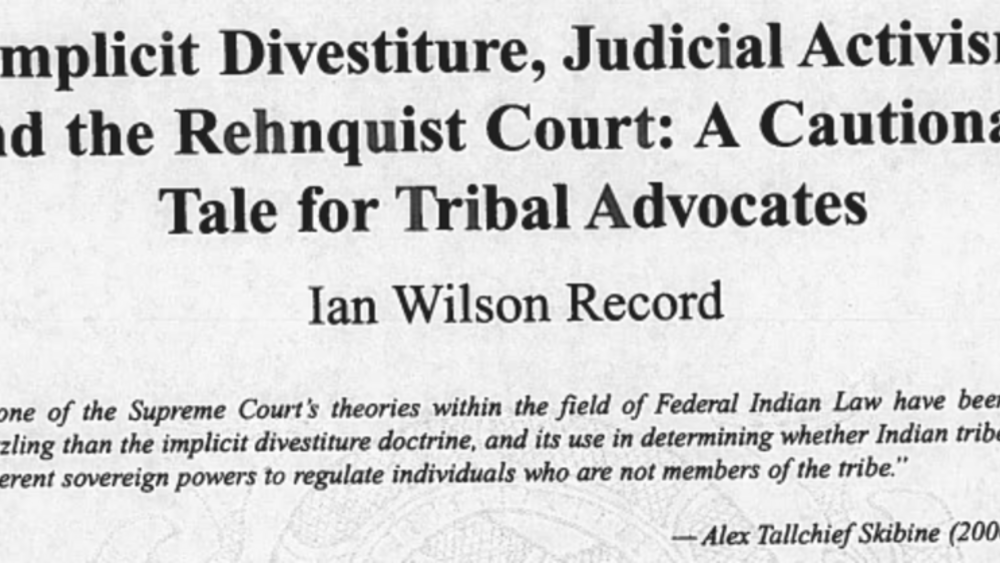
Implicit Divestiture, Judicial Activism and the Rehnquist Court: A Cautionary Tale for Tribal Advocates
Many tribal advocates have likened the legal corpus known as Federal Indian Law to a pendulum that swings back and forth under the forceful hand of the United States government and its political inclinations at any given moment. While this swinging pendulum has brought great uncertainity and…
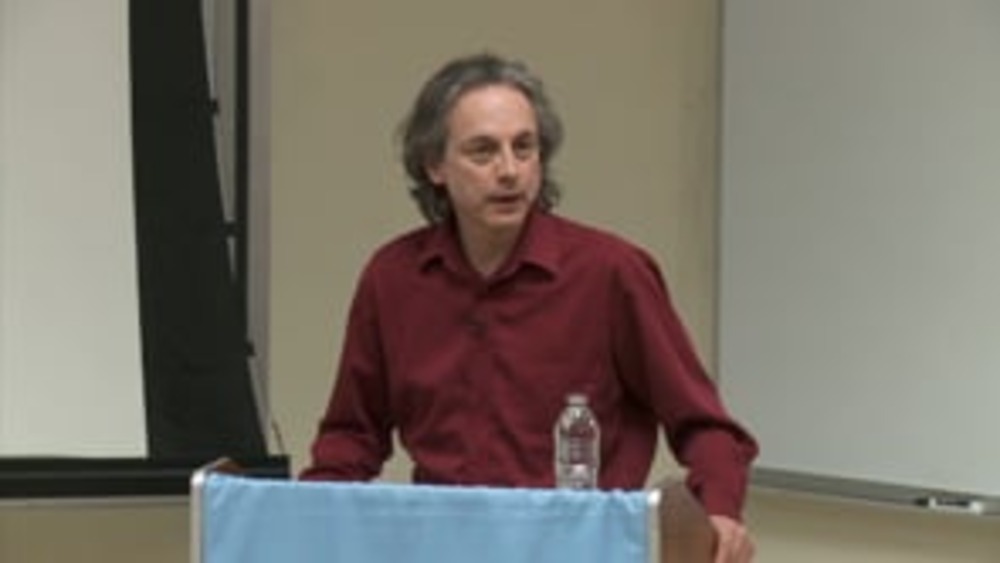
Robert Innes: Elder Brother and the Law of the People: Maintaining Sovereignty Through Identity and Culture
Robert Innes, a citizen of the Cowessess First Nation in Saskatchewan, discusses how traditional Cowessess kinship systems and practices continue to structure and inform the individual and collective identities of Cowessess people today, and how those traditional systems and practices are serving…
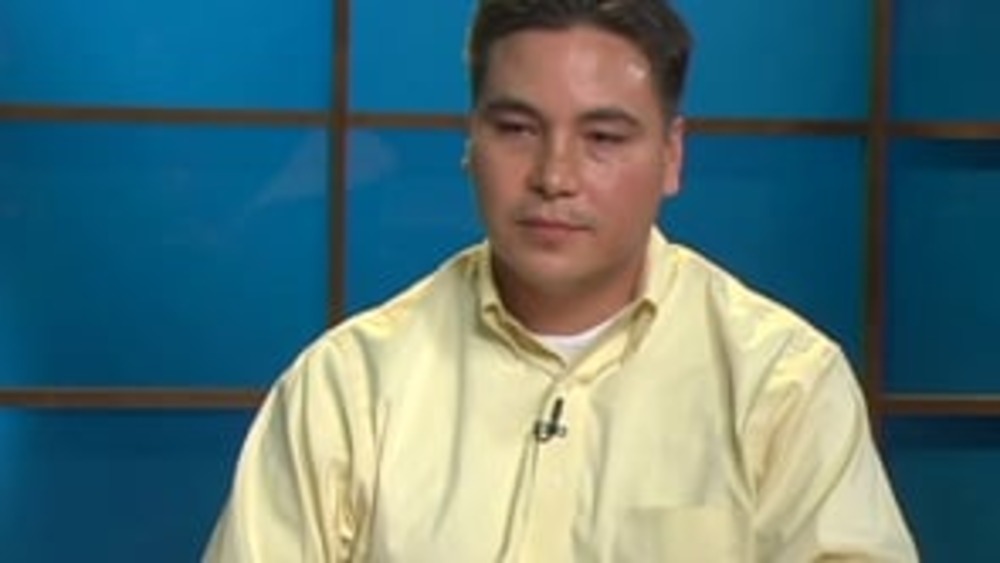
Donald "Del" Laverdure: Nation Rebuilding through Constitutional Reform at Crow
In this in-depth interview with NNI's Ian Record, Donald “Del” Laverdure, a citizen of the Apsáalooke Nation (Crow Tribe) and former Chief Justice of the Crow Tribe Court of Appeals, discusses his nation's monumental effort to discard a constitution and system of governance that were not…
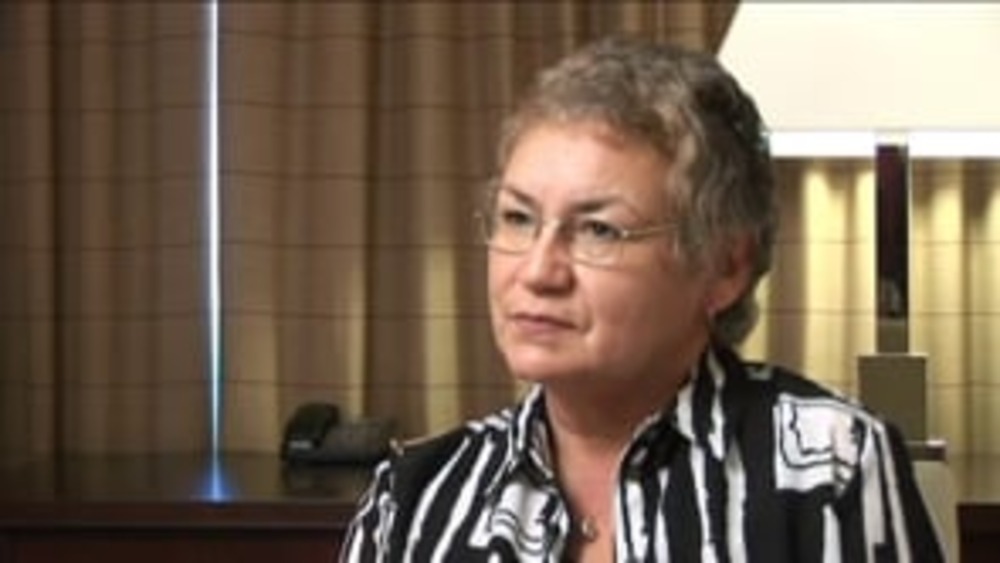
Sophie Pierre: Enacting Self-Determination and Self-Governance at Ktunaxa
In this informative interview with NNI's Ian Record, Sophie Pierre, longtime chief of the Ktunaxa Nation, discusses Ktunaxa's ongoing effort to reclaim and redesign their system of governance through British Columbia's treaty process, specifically Ktunaxa's citizen-led process to develop a new…
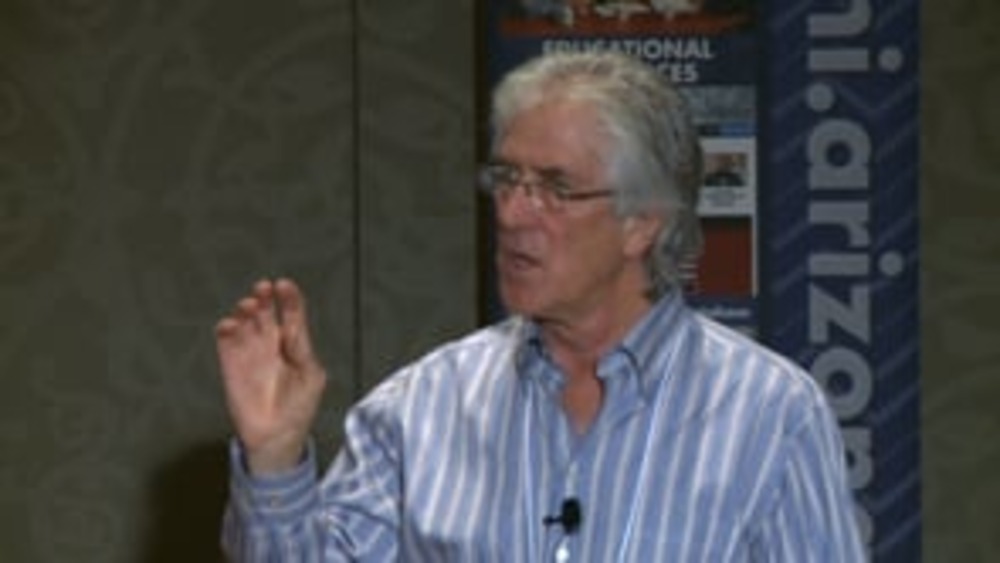
Robert Hershey: The Legal Process of Constitutional Reform
Robert Hershey, Professor of Law and American Indian Studies at the University of Arizona, provides an overview of what Native nations need to consider when it comes to the legal process involved with reforming their constitutions, and dispels some of the misconceptions that people have about the…
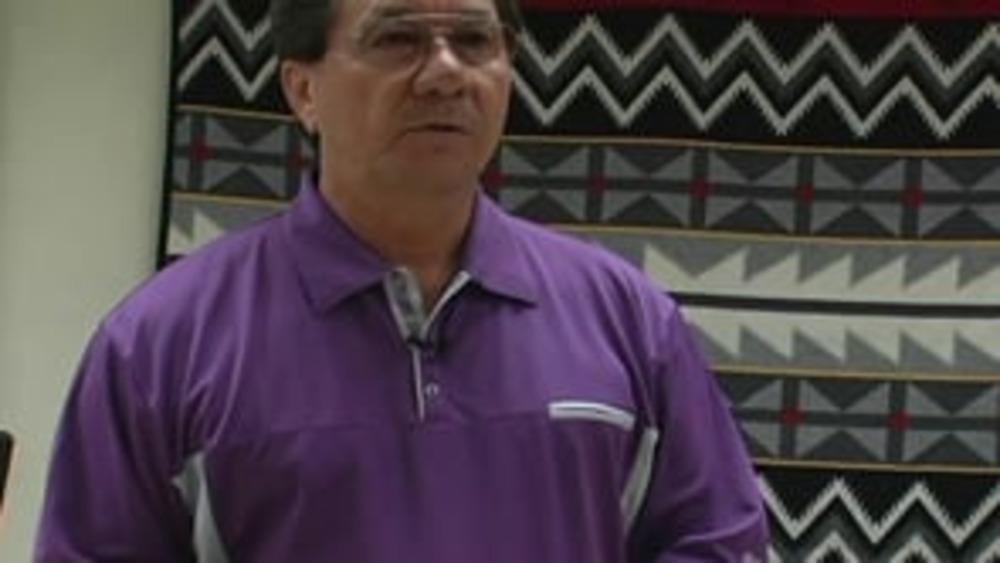
Michael K. Mitchell: A History of the Akwesasne Mohawk
Grand Chief Michael Mitchell of the Mohawk Council of Akwesasne offers students a broad overview of the governance history of the Akwesasne Mohawk and the efforts his people have made during his time in office to exercise true self-governance and rebuild their nation.
Honoring Nations: David Gipp: Sovereignty Today
President David Gipp of United Tribes Technical College synthesizes the words of the "Sovereignty Today" presenters at the 2007 Honoring Nations symposium, and discusses the direct relationship between a Native nation's effective exercise of sovereignty and its distinct traditional cultural values…
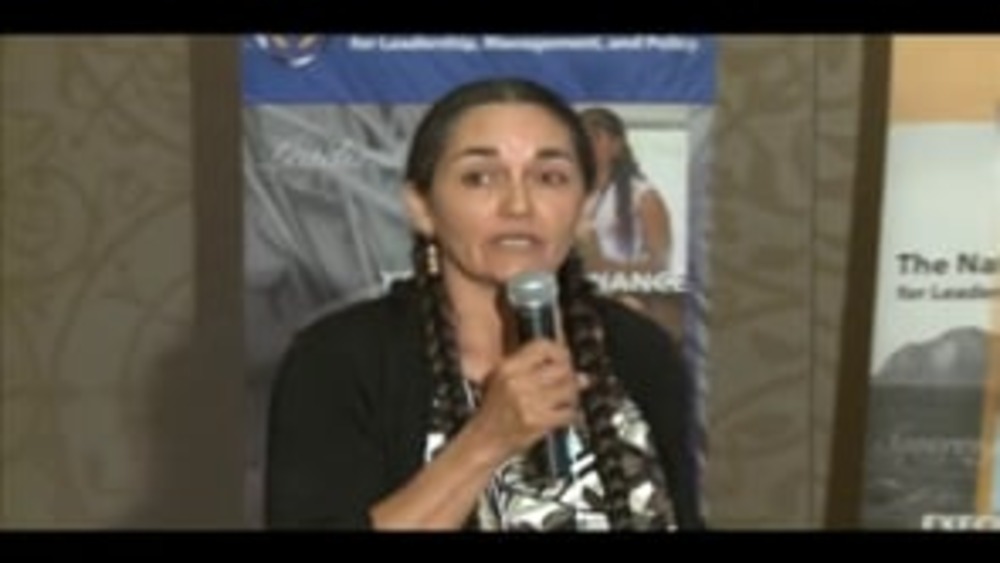
Gwen Phillips: Reforming the Ktunaxa Nation Constitution: What We're Doing and Why
Gwen Phillips, Director of Corporate Services and Governance Transition for the Ktunaxa Nation, discusses how Ktunaxa is using the British Columbia treaty process to reconceive and restructure its governance system from the ground up in order to revitalize Ktunaxa culture, language and core values…

BIA Head Kevin Washburn Speaks to ICTMN About Bay Mills and the Need to Resolve Water Rights
Interior Secretary — Indian Affairs Kevin K. Washburn was in New York City in September as the historic Peoples’ Climate March and the United Nations General Assembly opened its 69th regular session with the first World Conference on Indigenous Peoples, where he added to our excitement here at…
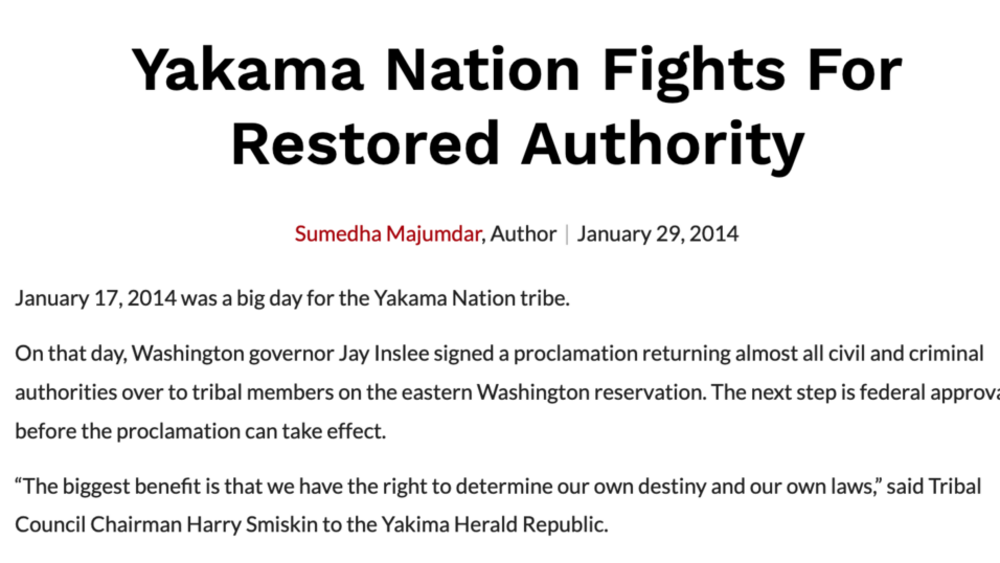
Yakama Nation Fights For Restored Authority
January 17, 2014 was a big day for the Yakama Nation tribe. On that day, Washington governor Jay Inslee signed a proclamation returning almost all civil and criminal authorities over to tribal members on the eastern Washington reservation. The next step is federal approval before the proclamation…

Professor Breaks Down Sovereignty and Explains its Significance
Sovereignty is one of those terms we toss around without much thought. It is an important word within contemporary American Indian discussions. The term itself draws from legal, cultural, political, and historical traditions, and these traditions are connected to both European as well as Indigenous…
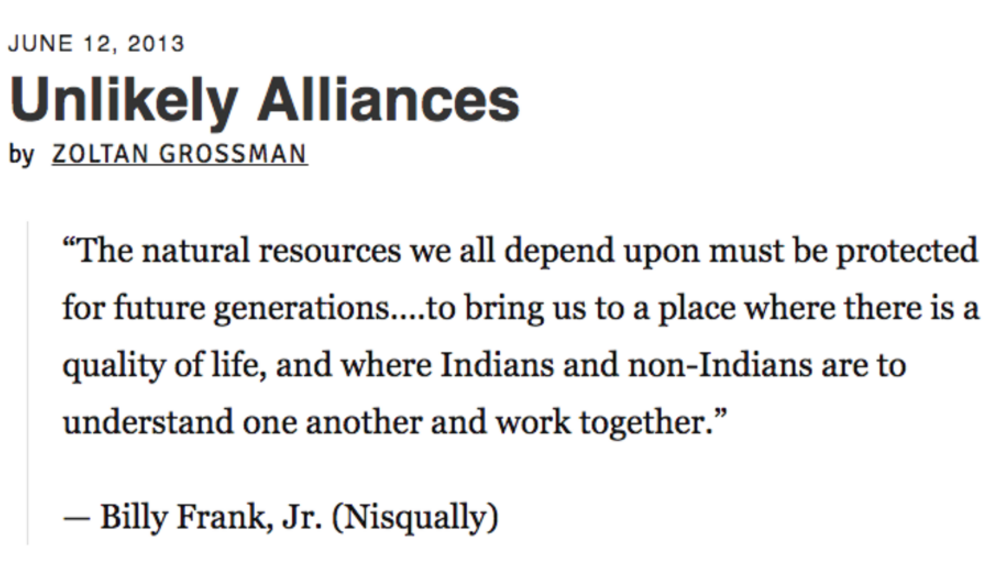
Unlikely Alliances
In the 2010s, new “unlikely alliances” of Native peoples and their rural white neighbors are standing strong against fossil fuel and mining projects. In the Great Plains, grassroots coalitions of Native peoples and white ranchers and farmers (including the aptly named “Cowboy and Indian Alliance”)…
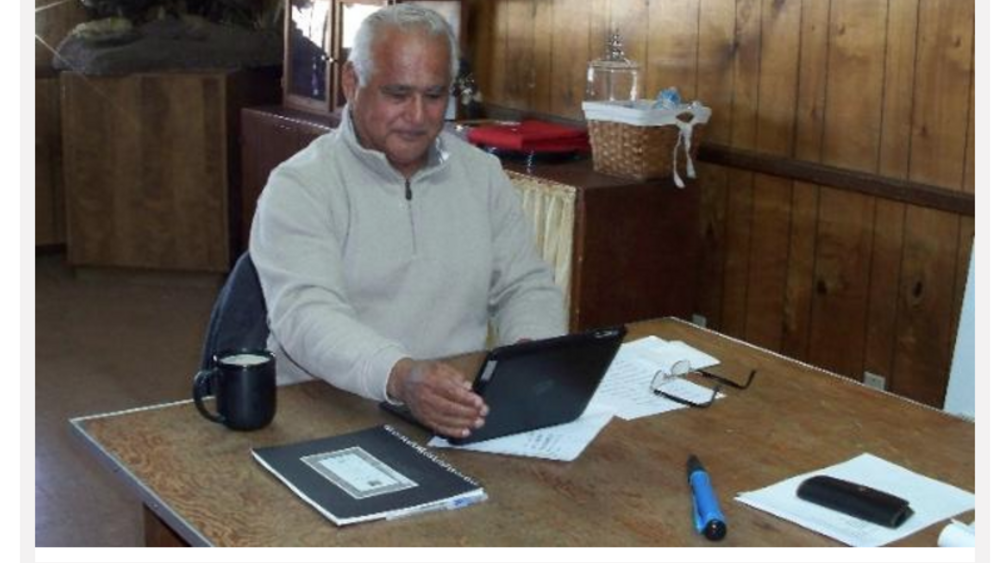
New Leadership for Tubatulabal Tribe; Recognition, Economic Development Among Top Priorities
The new year had barely dawned and Tubatulabal Tribe Chairman Robert Gomez was hard at work on the priorities he and the council had established for the year. It’s a heavy load: Federal recognition. Economic development. Professional development for tribal leadership. Community outreach. Continued…
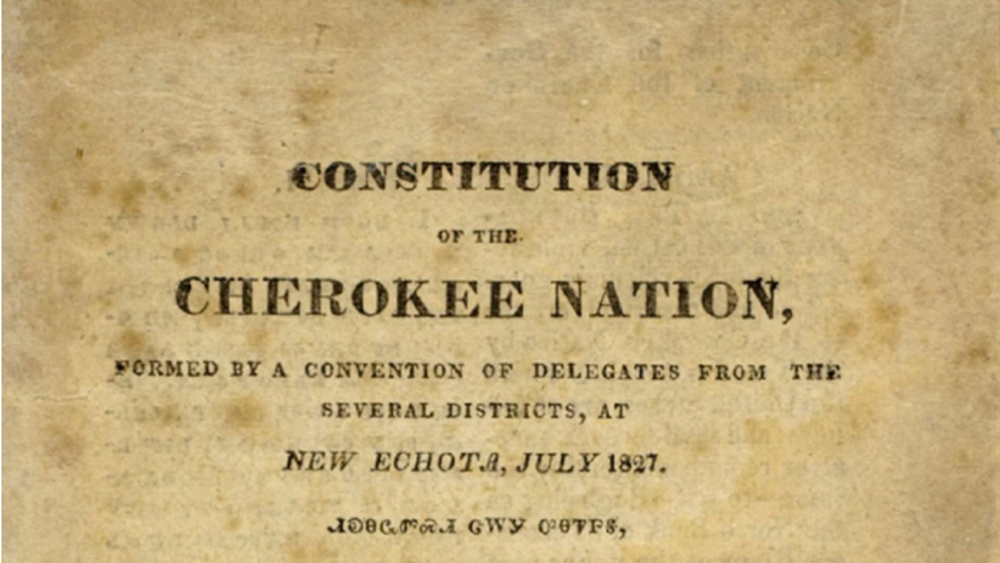
Tribal Constitutions
Modern tribal nations pass laws, exercise criminal jurisdiction, and enjoy extensive powers when it comes to self-governance and matters of sovereignty. And of 566 tribal nations, just under half have adopted written constitutions. In the American tradition, a constitution limits the power yielded…
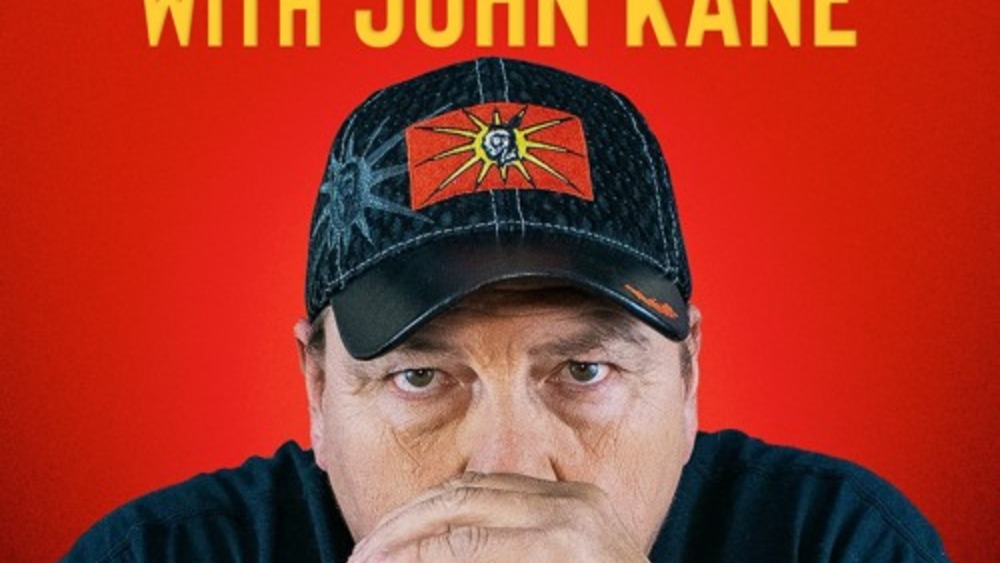
The Legacy of the Doctrine of Discovery
Let's Talk Native Radio program host John Kane discusses the implications of asserting the Doctrine of Discovery on Native lands and the role that treaties play in recognizing and affirming the inherent sovereignty of Native nations.
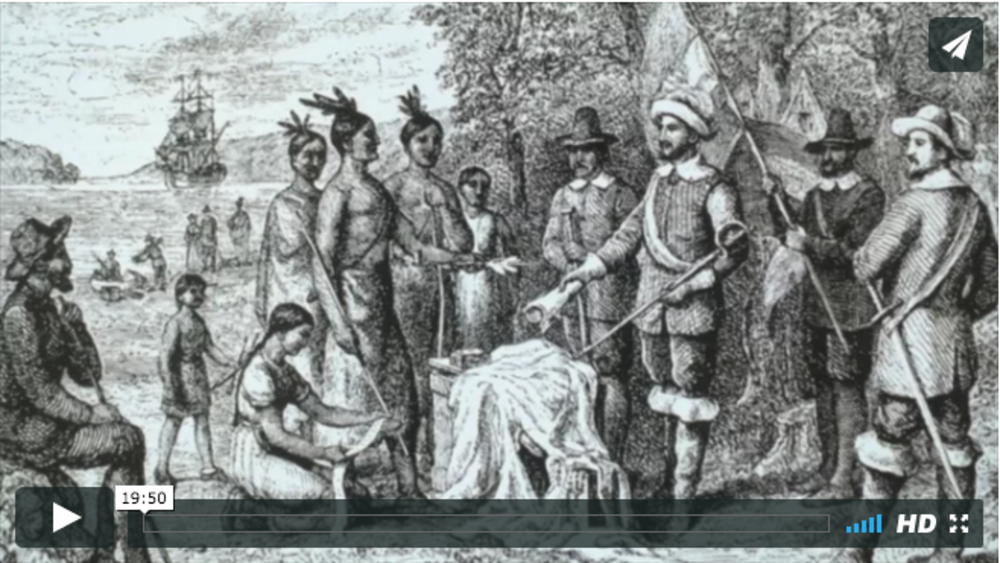
Web Extra: American Indians Confront 'Savage Anxieties'
This week Bill speaks with legal expert Robert A. Williams Jr. about how stereotypes of American Indians have been codified into laws and government policies, with devastating consequences. In this web extra, Bill speaks with Williams about why none of the Supreme Court justices “wants Indian…
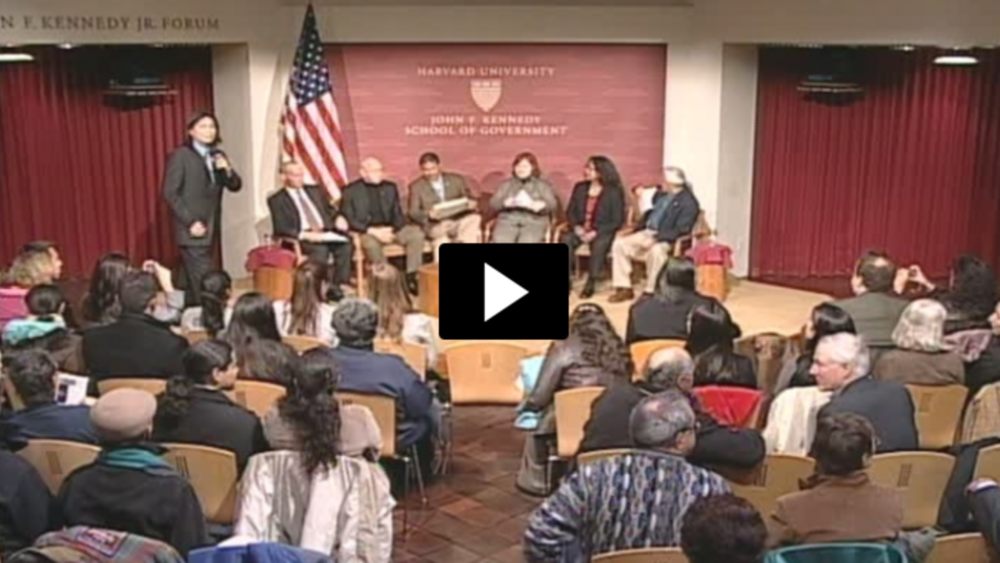
The Future of the U.S./Tribal Nations Relationship
Harvard Project on American Indian Economic Development Co-Directot Joseph P. Kalt leads a moderated discussion with Native nation leaders about the state of the tribal-federal relationship. Held in 2007, the forum featured Jamestown S'Klallam Chairman Ron Allen, Mescalero Apache President Mark…
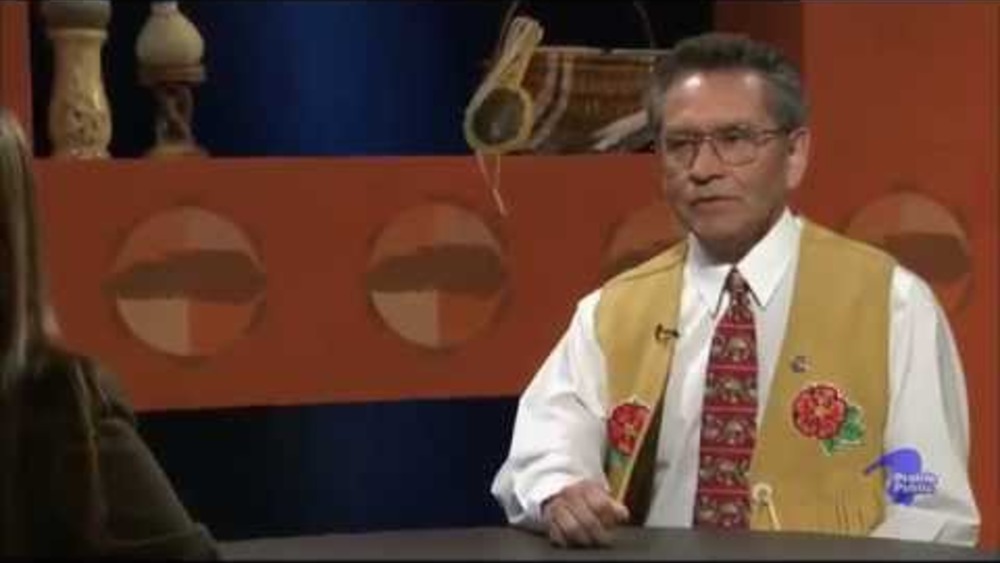
Indian Pride: Episode 104: Tribal Relations and the United States
Indian Pride, an American Indian cultural magazine television series, spotlights the diverse cultures of American Indian people throughout the country. This episode of Indian Pride features Edward Thomas, President of the Tlingit and Haida Central Council, and focuses on the topic of tribal…
